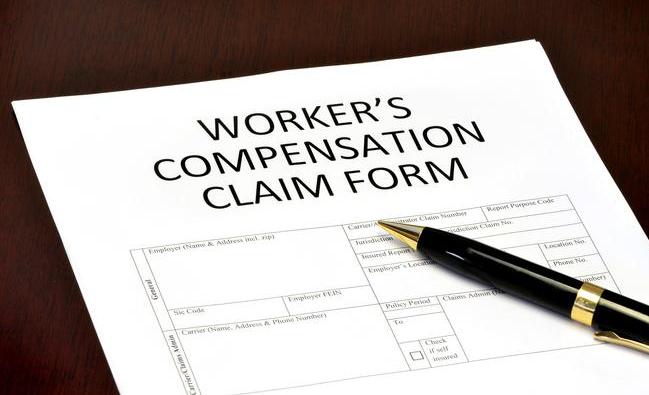Reporting A Florida Workers’ Compensation Injury Or Illness
In Florida, in most cases, workers who are injured on the job are entitled to workers’ compensation. The workers’ compensation law cover injuries from either a single accident or an injury that develops over time from performing repetitive job activities. Generally, workers’ compensation benefits are available even if the employee was partly or totally responsible for causing the injury, as long as the injury was caused by work-related activities.
An employee who is injured at work needs to immediately report the injury to a supervisor, unless the injury requires immediate medical attention. If the injury occurs over time and there was no specific accident, it is still important to notify a supervisor that certain job duties are causing soreness or pain. It also is important to seek medical attention for ongoing pain or injury.
Florida law requires employees to report a work injury within thirty days of the date of the accident. If there was no specific accident date, an employee must report an injury or illness within thirty days of the date a doctor informs the employee that he or she is suffering from a work-related injury or illness.
Florida Workers’ Compensation Benefits For Legal Workers
A Florida worker injured as a result of a work-related accident may be entitled to receive medical and partial wage replacement benefits, as well as compensation for permanent partial or total disability.
Medical benefits may include payment for doctor visits, hospitalization, physical therapy, medical tests, prescription drugs, prostheses and travel expenses to and from an authorized doctor.
Workers’ compensation benefits also include payment for lost wages. Lost wages benefits start on the eighth day that a worker is unable to work. Wage replacement benefits are not available for the first seven days of missed work unless the employee is out of work for more than 21 days due to the work-related injury.
In most cases, total wage replacement benefits are equal to two-thirds of the employee’s pre-injury regular weekly wage, but wages are subject to a maximum and cannot be higher than the established Florida average weekly wage. Partial benefits may be awarded if an employee who is still healing can return to work, but not at his or her pre-injury earnings level.
An employee who qualifies for wage replacement benefits usually receives his or her first check within 21 days after the employer’s insurance carrier is made aware of the employee’s injury. Wage replacement benefits continue until the earlier of when the employee reaches maximum medical healing (MMI) or 104 weeks.
Once an employee’s injury is healed to the point no further medical improvement is expected, the employee is eligible for other workers’ compensation benefits, which are to compensate the employee for any permanent bodily injury or disability.
Workers’ Compensation Benefits Are Not Available to Non-Legal Workers
On April 30, 2014, the District Court of Appeals of the State of Florida for the Fourth District addressed the issue of prohibited activities, reports, penalties, and limitations of the Florida Workers’ Compensation Law in the case of State v. Brock [No. 4D13-962].
In the case, the employee was criminally charged with one count of fraud under section 440.105(4)(b)9 of the Florida Statutes (2012). The charge arose after a wage query to the Florida Department of Revenue showed that the social security number the employee had used when he was hired was not issued to him. A further investigation also showed that the employee had completed a Homeland Security I-9 employment verification form using the same social security number.
The Fourth District Appellate court held that the trial court had erroneously dismissed the government’s fraud charges against the employee. The court also held that it was not even necessary for the employee to attempt to seek workers’ compensation benefits by using the fraudulent social security number. It was enough that the employee had used the false social security number to gain employment.
In making its ruling, the appellate court cited legislative history language from the anti-fraud statute which said, “if an illegal alien obtained his employment by misrepresenting his identity in order to get a job, then that person could be found to have comitted insurance fraud and thus denied benefits if injured on the job.”
Obtaining Workers’ Compensation Benefits To Which You Are Entitled
If your workers’ compensation claim has been denied, you may need an attorney. You also may need an attorney if your employer or the insurance company has asked you to settle or compromise your claim. Before you negotiate or sign a compromise, you should talk to an experienced Florida worker’s compensation attorney and get legal advice. an At Sternberg | Forsythe, P.A., we have years of experience representing injured workers in the Orlando, Boca Raton and West Palm Beach areas. Please call us today at (561) 687-5660 for a free consultation.

